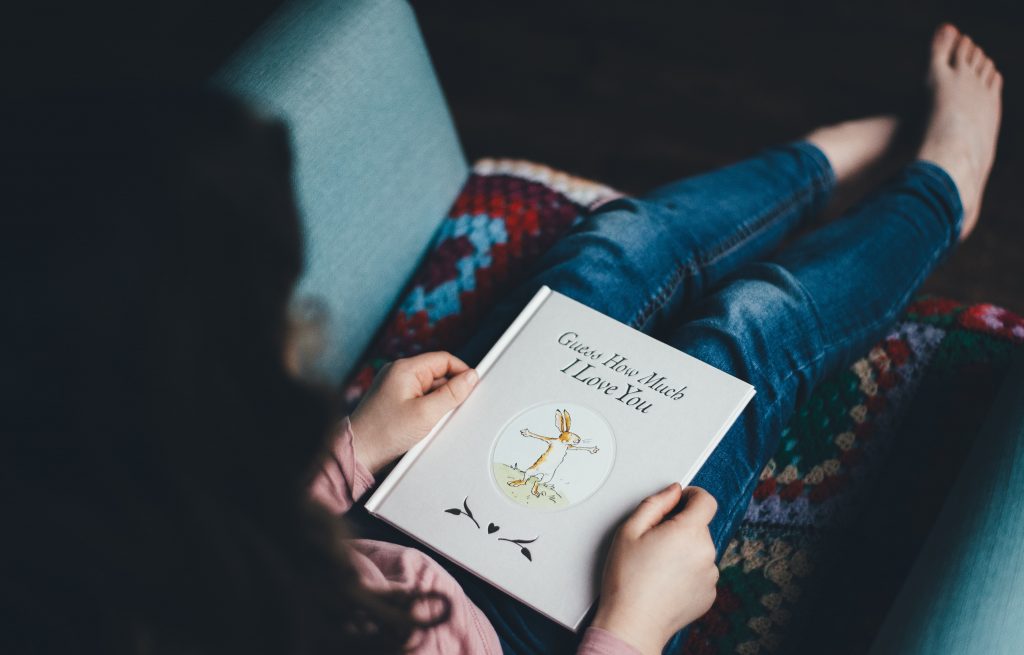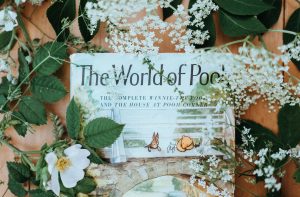
Nursery Rhymes
Jack and Jill, Mary and her little lamb and how could we forget about poor Humpty Dumpty? The chances are you probably grew up singing nursery rhymes and have now begun to ‘twinkle twinkle’ with your own little star. But what exactly are the developmental benefits for your toddlers and why are we still singing these seemingly silly songs?

What are they?
Nursery rhymes are traditional poems and songs that began as lessons for children to learn about true events. They have been used as an educational tool for hundreds of years.
Benefits
Listening – When you sing nursery rhymes, children are listening to a story. This is a great first introduction to verbal comprehension and will help them in their education journey as they learn to read and write.
Memory – Really, again? Singing the same song can certainly get a bit old – though the good definitely outweighs the bad! Through songs children encounter repetition and patterns – guaranteed to boost their memory!
Language and speech – These singing stories are wonderful way for children to build their vocabulary. New words, sounds and language groups are being discovered and practiced. Not only are they learning the meaning behind words but also the correct way to pronounce them.
Emotional development – Nursery rhymes are funny! Children are developing a sense of humour and are able to share that experience with you, their classmates and their teachers. Nursery rhymes are also familiar, and the repetition can provide support in periods of discomfort or unrest.
Creativity and Imagination – These tales provide a wonderful vehicle for children to imagine, act out and paint an internal picture of stories. They are also helpful for a child to start to begin understanding abstract concepts.

So sit back, relax and keep singing – we hope you enjoy your trip gently down the stream.
To learn more about nursery rhymes, games and stories join our FREE parenting workshop: Family Fun Time at Meerilinga Ballajura
